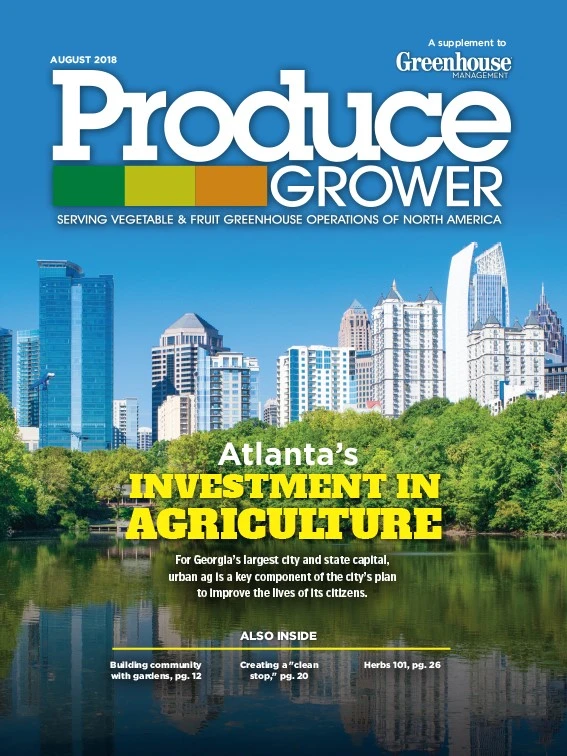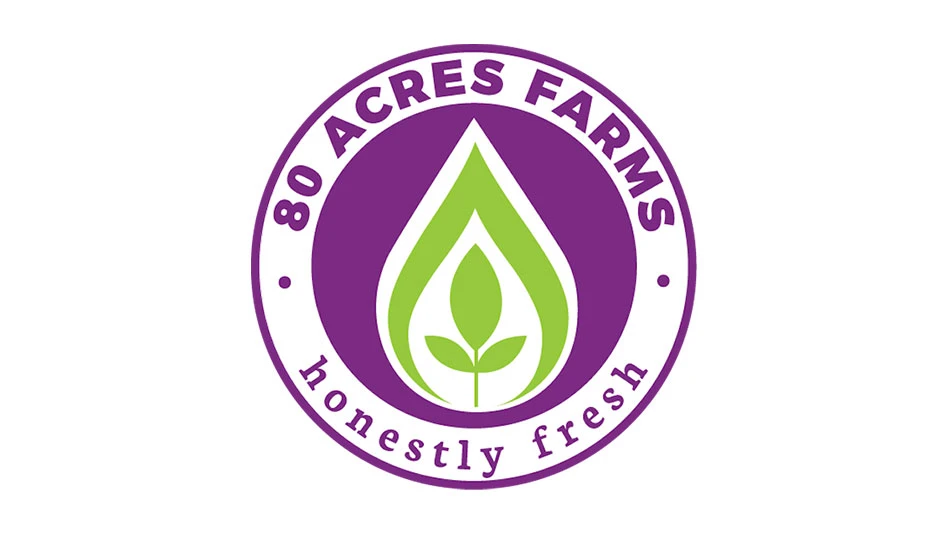
When you’re young, or transitioning to a new field, treading unfamiliar professional waters can be daunting. You don’t have enough experience to really know what you’re doing, and without guidance it’s easy to make a lot of crucial mistakes. When you’re established in your career it’s easy to get in a rut and find yourself impatient with new perspectives and methods. In both cases, getting out of your own head is advisable. How do you do that? Find a mentor. Better yet, be a mentor.
Pay it forward
If you were lucky enough to benefit from someone mentoring you, it might be time to pay it forward. Being a mentor is sort of like teaching a new topic. When you must teach something, you tend to learn a lot more about it at the same time. So, if you’re finding yourself in a rut, or could use some fresh perspective and inspiration, being a mentor to another employee or industry member can be invigorating. The first signal that you may need to step up to a mentorship role is when you start getting unsolicited inquiries from younger employees or career-transitioners for advice.
I recently interviewed several people in the green industry for their thoughts on industry relationships and networking, asking them, “Do you actively mentor within the green industry?” — all were eager to offer up that mentorship was something they valued and engaged in frequently.
Dr. Bridget Behe, Michigan State University: “Yes. Often and with as many [mentees] as I can. Talking with them about work but also life. Nurture good relationships, keep them as an important part of your life and invest in them. Prune the relationships that aren’t positive and enjoyable. I’m a big believer in the ‘7 Habits of Highly Effective People.’ I teach it and strive to live by it.”
Brie Arthur, horticulturist and green industry communicator: “Yes, I have been very fortunate to connect with students through IPPS and NCSU horticulture programs. It is very rewarding to share my past experiences, host them for garden tours and meals and help guide them through a meaningful career in horticulture. I have written many recommendation letters lately and I believe the future is bright with this new generation rising.”
Christina Salwitz, The Personal Garden Coach: “I get requests to mentor people frequently, and I am always happy to do that whenever I can. It’s often a coffee chat, email connection or meeting at an industry event. Sometimes, a person needs details about steps they might take or confirmation of decisions from a subjective source, and sometimes they want to learn what I do in my own processes. I was given an invaluable mentoring opportunity when I began, and we are still friends and valued confidants to this day. I am a firm believer that women use this ability the best because of our natural nurturing skills.”
Jill Hoffman, Hoffman Nursery: “Yes, I try to mentor women in the industry — mostly our employees and students. The biggest way to do this is by offering employees opportunities to attend conferences and tradeshows for learning and networking opportunities and offering students opportunities with internships here at the nursery. It is important to get them involved in the industry, whether it is giving them a role on a site committee for an upcoming conference or a chance to speak to others outside the nursery about what they do. It helps to share with them what is going on in the green industry and get them excited.”
Making the connection
Such informal one-on-one relationships are the most typical types of mentorships. And there are many within our industry who are proactively generous with their time. But not all of us are lucky enough to organically cross paths with someone who has the right experience and willingness to become our mentor. Many young employees may either not feel comfortable asking someone to mentor them, or not even think about it as a possibility. Older professionals often have their hands full, and actively pursuing mentorship duties can sometimes feel like an added burden.
Generation gap
I also see a lot of value in creating meaningful relationships between older and younger employees on your team. Doing so can help you bridge common communication gaps and provide invaluable new perspectives to each team member. Now, mentors don’t always have to be older than the people they are mentoring. The ability to mentor comes down to experience and what you have to offer someone building their career.
Structure and incentives
To encourage mentorship within your company, you probably need to create some formal structure and incentives. Depending on the size of your company, consider assigning all new hires the opportunity to formally connect with an assigned mentor within the company. Start by talking to existing staff to find out who wants to volunteer as a company mentor. Mentors should be experienced in the industry and have at least several years under their belt working at your company. Company mentors should aim to meet monthly with the employee they are mentoring — on company time — and of course be available for some emails or phone calls now and then. Give your mentors a small spending budget so the pair can get out of the office for a lunch meeting now and then. For employees willing to volunteer as mentors, consider offering incentives such as some extra paid time off.
Not everyone needs a mentor — or needs a mentor all the time — but just as with industry networking, making meaningful connections with other professionals often opens the door to new possibilities and opportunities.

Explore the August 2018 Issue
Check out more from this issue and find your next story to read.
Latest from Produce Grower
- University of Evansville launches 'We Grow Aces!' to tackle food insecurity with anu, eko Solutions
- Lawsuit challenges new H-2 visa rules
- Q&A: Sandra Eskin Leads Food Safety Advocacy Organization, STOP, as CEO
- Find out what's in FMI's Power of Produce 2025 report
- The Growth Industry Episode 3: Across the Pond with Neville Stein
- Martin A. Makary Sworn in as FDA Commissioner
- PG CEA HERB Part 2: Analyzing basil nutrient disorders
- LettUs Grow, KG Systems partner on Advanced Aeroponics technology





